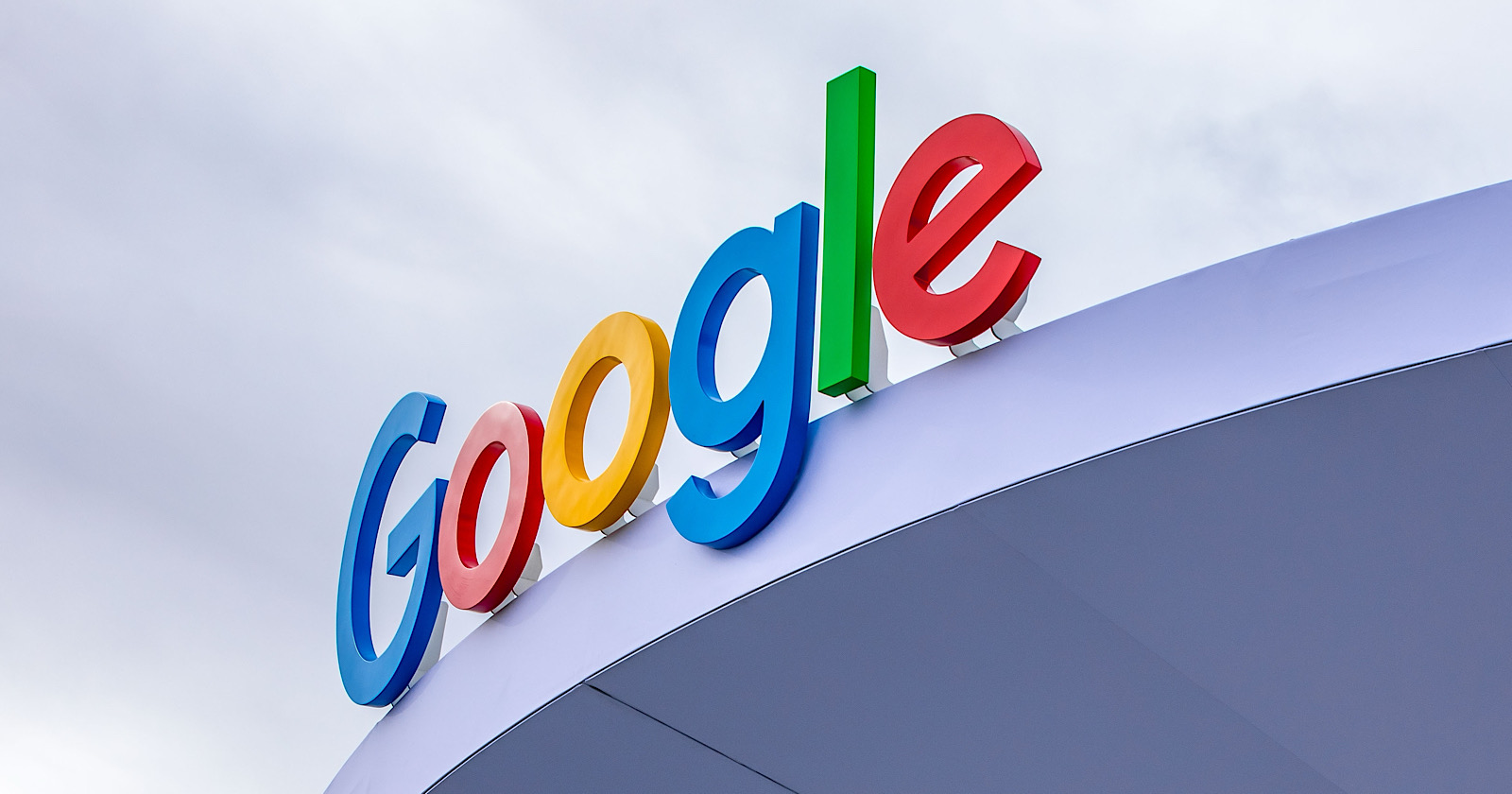Google has updated its documentation to provide clearer guidance on its site reputation abuse policy.
The changes are meant to you better understand what qualifies as a violation and how to stay compliant.
While the updates don’t change how the policy is applied, they make the rules easier to follow by incorporating more detailed explanations from a recent blog post FAQ.
What Changed?
The updated documentation now includes content directly pulled from Google’s November blog post about site reputation abuse.
That blog post introduced a Q&A section to clarify the policy. Google has now added this FAQ guidance to its official spam policies documentation.
In a statement, Google explained:
“We updated the site reputation abuse policy to include guidance from our blog post’s FAQ on site reputation abuse. These are editorial changes only, no change in behavior.”
This means the policy hasn’t changed—it’s just been rewritten to make it easier to understand.
What Is Site Reputation Abuse?
Site reputation abuse happens when third-party content is published on a well-established website to take advantage of that site’s ranking signals.
Essentially, it occurs when someone uses a reputable site as a shortcut to boost rankings for unrelated or low-quality content rather than earning those rankings independently.
For example:
- A news site hosting coupon pages from a third-party service purely to benefit from the site’s strong rankings in Google.
- An educational site publishing sponsored reviews about payday loans.
- A movie review site hosting unrelated pages about essay writing services or buying social media followers.
However, not all third-party content is considered abuse. Forums, user-generated content, syndicated news articles, and editorial pieces are generally acceptable if they’re not designed to manipulate search rankings.
Why Does This Matter?
These updates make it easier to determine whether your content violates the policy.
For example, Google’s FAQ now clarifies common scenarios, such as:
- Third-party content: Simply having third-party content isn’t a violation unless explicitly published to exploit a site’s rankings.
- Freelance and affiliate content: Freelance content or affiliate pages are acceptable if they’re not used to manipulate rankings. Affiliate links, when tagged appropriately (e.g., with “nofollow” or “sponsored” attributes), don’t violate the rules.
The FAQ also explains how to address violations. You can fix the issue by removing or relocating problematic content, submitting reconsideration requests in Search Console, and following Google’s spam guidelines.
This is a good reminder to review your content practices to ensure they align with Google’s policies. If you host third-party content, make sure it adds value for users and doesn’t just serve to piggyback off your site’s reputation.
Featured Image: RYO Alexandre/Shutterstock





![AI Overviews: We Reverse-Engineered Them So You Don't Have To [+ What You Need To Do Next]](https://www.searchenginejournal.com/wp-content/uploads/2025/04/sidebar1x-455.png)